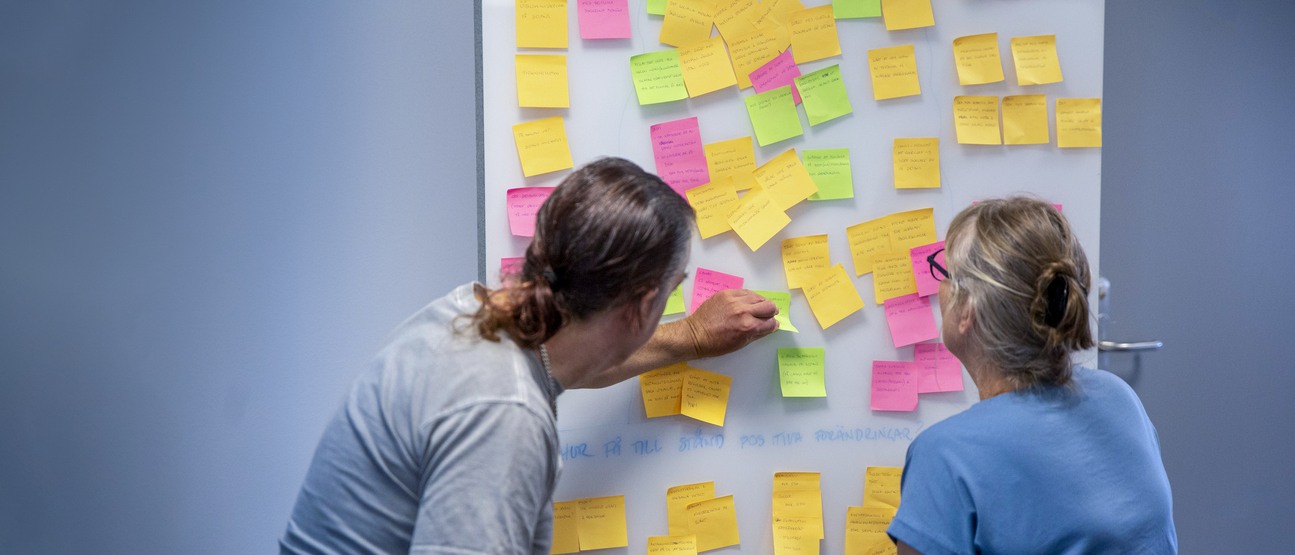Thomas Andersson
School of Business


At a time when society is facing major challenges, we increasingly hear about the need to transform in order to achieve long-term sustainability. This includes addressing the climate threat through green transition, harnessing the opportunities of digitalisation, and reforming our healthcare systems to meet future needs. But the central question remains: How can these complex transitions be led and organised?
Transition involves not only change but also difficult priorities – something must be left behind, done differently, or replaced. At the same time, certain parts of what already exists must be preserved and reinforced.
The challenges often become especially complex when different perspectives and objectives are in conflict, for example when environmental sustainability must be balanced against social justice, meaning that no single actor can make these priorities alone. Leadership in these processes is dynamic in itself – it not only drives change but is also part of what is changing.
Moreover, it is rarely sufficient for a single organisation or actor to act alone. Transition often requires collaboration between different actors, sectors and levels, which further increases complexity. It is within this complexity that our research group operates.
Our research group conducts studies firmly rooted in practice. We examine how transition processes can be led and organised in various contexts – from internal organisational changes to broad societal transformations. We explore how actors can navigate complex transitions, make decisions and collaborate to create long-term sustainable solutions.
Our aim is to be the natural partner for anyone who wants to understand and manage the transition processes they are experiencing or are about to face. By working together with organisations, public authorities and other actors, we develop new knowledge that not only explains but also enhances the ability to successfully lead and organise change.

